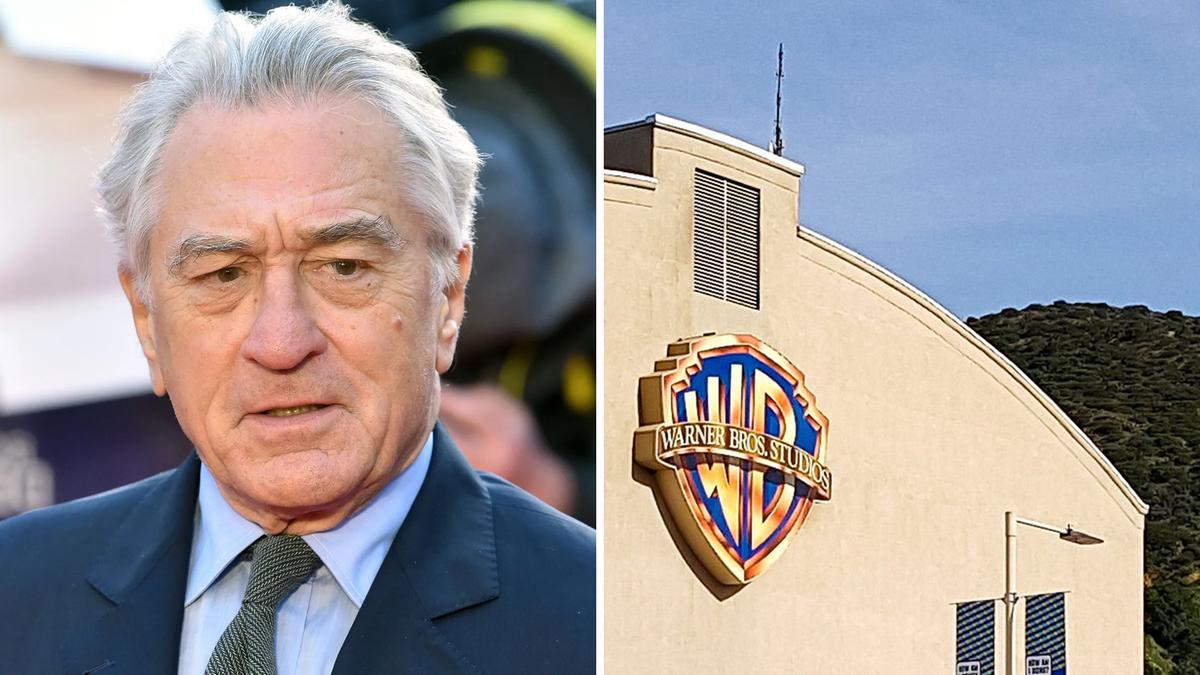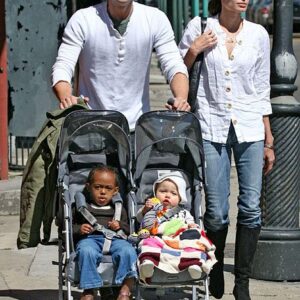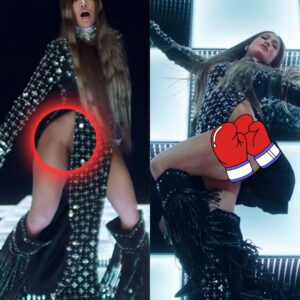In a surprising turn of events, Warner Bros has decided to drop a highly anticipated $10 million project featuring iconic actor Robert De Niro.
The decision comes amidst controversy, with some labeling De Niro as “creepy” and “woke,” raising questions about the intersection of personal beliefs and professional collaborations within the entertainment industry. This article explores the details surrounding the project, the reasons behind Warner Bros’ decision, and the broader implications of such clashes in the world of Hollywood.
The now-abandoned project, initially shrouded in secrecy, was poised to be a significant cinematic venture backed by a substantial financial investment from Warner Bros. Fans and industry insiders alike were eager to see what the collaboration between De Niro and the esteemed studio would yield. However, the unexpected announcement of the project’s cancellation has left many speculating about the reasons behind Warner Bros’ decision and the potential impact on both De Niro’s career and the studio’s reputation.
Robert De Niro, celebrated for his roles in cinematic masterpieces such as “Taxi Driver” and “The Godfather Part II,” has also become known for his outspoken stance on various social and political issues.
The term ‘woke’ has been attached to De Niro due to his vocal advocacy for progressive values and his criticism of divisive political figures. While this has garnered admiration from some quarters, it has also sparked controversy and, in this case, contributed to the project’s demise.

The use of the term “creepy” in association with De Niro raises questions about the subjective nature of such labels. It appears to stem from a combination of factors, possibly related to De Niro’s intense on-screen persona, his outspoken political views, and the controversies surrounding the ‘woke’ movement.
Critics argue that the characterization may be an attempt to undermine the actor’s credibility, while others believe it reflects discomfort with the blending of entertainment and activism.
While Warner Bros has not officially cited the reasons for dropping the project, industry insiders suggest that the controversy surrounding De Niro’s ‘woke’ image played a role in the decision. Studios often tread carefully in the current cultural and political climate, considering potential backlash and the impact on a project’s commercial success. The incident sheds light on the delicate balance studios navigate when collaborating with high-profile figures known for their strong opinions.
News of the project’s cancellation has triggered varied reactions from the public. Supporters of De Niro argue that artists should not face consequences for expressing their beliefs, emphasizing the importance of creative freedom. On the other hand, critics suggest that Hollywood should remain neutral, avoiding the endorsement of figures whose views may polarize audiences. The incident exemplifies the ongoing debate about the role of personal beliefs in the entertainment industry.

The cancellation of the project with De Niro raises questions about the industry’s approach to ‘wokeness’ and the potential consequences for actors associated with progressive causes. Some argue that the decline of projects tied to ‘wokeness’ reflects a broader shift in Hollywood’s dynamics, with studios perhaps becoming more cautious about aligning with polarizing figures or politically charged content.
While De Niro’s career spans decades and includes numerous accolades, the recent turn of events prompts reflection on the potential impact on his standing within the industry. Hollywood has seen instances where actors’ political views or activism have influenced their professional opportunities, and De Niro’s situation may reignite discussions about the consequences of taking a strong stance on contentious issues.
The incident involving Warner Bros and Robert De Niro underscores the challenges of navigating Hollywood’s ever-evolving landscape. As the industry grapples with issues of representation, diversity, and political activism, the decision to drop a project based on an actor’s perceived ‘wokeness’ raises questions about the limits of creative freedom and the responsibility of studios to their audiences.
The cancellation of the $10 million project with Robert De Niro highlights the complex interplay between personal beliefs, political views, and professional collaborations within the entertainment industry. As Hollywood continues to grapple with societal shifts and heightened political awareness, incidents like these serve as catalysts for discussions about the delicate balance between creative expression and the commercial considerations that studios face. The aftermath of this controversy will undoubtedly shape conversations within the industry and among audiences about the role of activism and ‘wokeness’ in the world of cinema.
News
Test đẩy bài từ cms
Test đẩy bài từ cms, xóa sau khi dùng.
Zahara’s actions on February 14 led Angelina Jolie to immediately bring her home and stop her schooling
Angelina Jolie, who divorced Brad Pitt in 2016, reportedly adopted six-month-old Ethiopia-born Zahara in 2005, following the adoption of her eldest child, Maddox. Hollywood stars Brad Pitt…
Angelina Jolie: ‘My blonde-haired natural daughter Shiloh is the outcast in our family’
Angelina Jolie revealed that her blonde-haired blue-eyed natural child Shiloh, 20 months, is the “outcast” in her ethnically diverse family. The actress – who has adopted three…
JLo & Ben Trial Separation|Ben Miserable|JLo Not Ready 2 Give Up|Insiders Say D|VORCE Is 100% Coming
Ben Affleck appeared beyond relieved to be home after a trip to Miami with his new wife, Jennifer Lopez. The Argo actor wasted no time, jumping off…
Angelina Jolie’s 17-Year-Old Daughter Ran Away From Home After Seeing Brad Pitt With A New Girlfriend
The list of the best female action stars in Hollywood continues to be led by Angelina Jolie. The actress has appeared in several action films throughout her…
Sad news about Brad Pitt. The announcement was made by the great actor himself:
Actor Brad Pitt revealed in a recent interview that he suffers from prosopagnosia, a rare neurological disorder also known as “facial blindness.” Dani Blum describes the disorder’s…
End of content
No more pages to load










